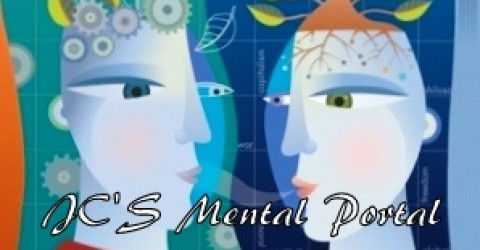On Mon, May 19, 2014 at 10:29 PM, Chen 陳亭安Amanda <chen.a@myldsmail.net> wrote:
there were two questions that I didn´t know how to reply when I was talking to people on the street. The first one was, “I don´t believe in God, if God was here, why would he let the children be hungry and suffer. If he was here, why wouldn´t he show some miracles.·” The second questions, “I believe in God but I don´t believe in a church” My mouth was shut and I didn´t know how to answer them. But I will keep thinking about these questions and find out the answers throught out my personal study time.
First Q:
I had a personal revelation when I was 16 that I chose my mom, meaning I chose to be suffered by her.
.
When we were in preexistence, our souls were fully matured, and there were no more things for us to learn “in concepts.” The only thing left for us to learn could only be learned through our physical bodies on this earth — not merely the “concepts of good and bad, sad and happy, etc. in our heads, but actually suffering through the pains of all things a body and mind can endure. Being mature in spirit, we knew our own strengths and weaknesses, so designed a personal plan of exaltation. These personal plans of exaltation, once thought out, must need be approved by Heavenly Father. In other words, these mature spirits, before they left pre-existence, for the most part, planned on their own the trials and sufferings they would face on earth, then submitted the plans to Heavenly Father for approval. This is exactly what Jesus did. This planning things ahead in pre-existence is called “foreordination” — e.g., Jesus was foreordained to be our savior before he was born. No one forced this plan upon Jesus; He volunteered his own sufferings on earth for his eternal glory and exaltation. Us seeing Jesus, our older brother, planning his own suffering, also followed his example in pre-existence – laid out our own “blue print” of our lives on earth, mostly on our own volition in the pre-existence because Heavenly Father respects free agency. Those of the greatest strengths in soul in the pre-existence often chose more trials for themselves on their own on this earth. Heavenly Father would never force unwanted trials on us on earth until the “last judgement day.”
.
For example, I believe I have chosen to be born in a humble home with psychotic mother to learn the things that I could have not learned otherwise. I have become who I am today for the trials and sufferings that I was willing to plan out for myself in pre-existence. I believe I was a wise and brave soul who was willing to take up the burdens of all things necessary for my personal exaltation.
.
People are usually shocked when I say that they have chosen their own sufferings in pre-existence because they have to stop blaming God. I usually say that I have deep respect for their courage and wisdom for their willingness to suffer such painful trials on earth. I usually tell them that the intensity of their suffering manifests their wisdom and greatness in their souls. Also, somewhere in the scripture is a promise that those who have endured more will receive greater glory, like Jesus and other prophets. Once you believe you are the author of your own fate, you can carry out the burdens more lightly in hope. While our bodies might be in hell on this earth, no one can stop our spirits from flying free in heaven when we die.
.
Second Q:
Organized Institutions are necessary for our growth – institution of marriage and family, institution of government, institution of school, etc. Even a social “book club” can be called an institution. People form institutions because two heads are better than one; it reaps bigger accomplishments and multiplies the benefits if people of same minds gather together and work towards a common goal. This is why we need the church, an organized institution, so we can better understand God and his ways.
.
Any and all humanly organized institutions are imperfect, including our own church because no institution can completely control the minds of each of its member unless it is a dictatorship. Thus, while any and all humanly organized institutions are imperfect, they “are” future perfections in process. So, it is still worthy of our participation and effort.
